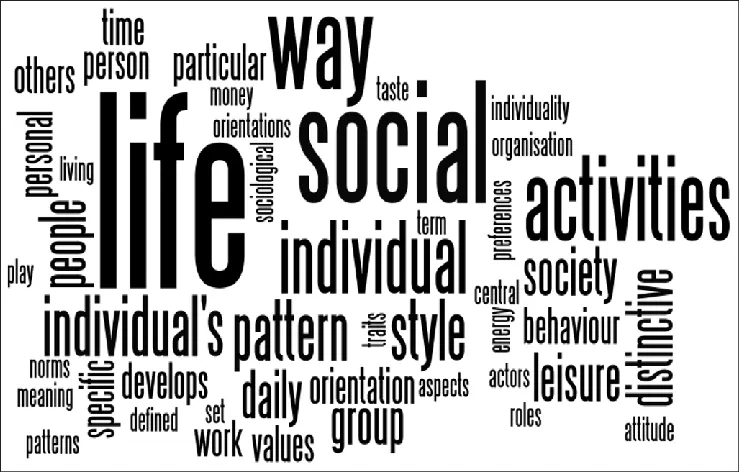Life Without Technology: Lessons from 30 Days Unplugged
A Month Without Technology
I recently embarked on a month-long challenge to live without technology. No internet, no laptop, no TV—just a basic phone for calls. In this article, I’ll share 14 lessons I learned from this 30-day experiment.
Whether you're considering a brief tech break or a longer digital detox, these insights will guide you in simplifying your life, embracing the present, and finding joy in the analog world.
Let’s dive in.
1. Embrace the Analog Watch
When I began my tech-free month, one of the first things I did was strap on a wristwatch.
Many of us rely on our phones to check the time, which often leads to distractions from notifications and social media. By using a simple analog watch, you can keep track of time without these interruptions. It’s a stylish accessory that helps you stay present and avoids the constant battery anxiety of digital devices.
2. Wake Up Naturally
Instead of relying on my phone's alarm, I trained myself to wake up naturally. It took some adjustment, but this method aligns with your body’s internal clock, or circadian rhythm. Consistent sleep and wake times, along with morning sunlight, helped me wake up feeling refreshed.
3. Use a Landline or Basic Phone
During my tech-free month, I appreciated the value of a good phone call. A basic phone helped me stay connected without the temptation of online distractions. Phone conversations offer a depth of connection and enhance communication skills, strengthening relationships in ways text messages cannot.
4. Write It Down
Living without technology doesn’t mean living disorganized. I used a notebook to keep track of phone numbers, appointments, and addresses. Many productive people prefer paper over digital tools for organizing their lives, finding it more effective and less distracting.
5. Navigate with a Paper Map
Without Google Maps, I learned to navigate using a paper map. This method made me more aware of my surroundings and helped me explore my city in ways I hadn’t before. A paper map offers a tactile experience and a deeper connection to your environment.
6. Send Letters and Postcards
Sending handwritten letters and postcards became a cherished activity. It’s a meaningful way to connect with loved ones and provides a personal touch that digital messages lack. This practice also sharpens your writing skills and fosters thoughtful communication.
7. Embrace Experimentation
Without the convenience of instant online answers, I learned to experiment and solve problems through trial and error. This approach fosters creativity and self-reliance, offering a rewarding sense of accomplishment when you figure things out on your own.
8. Allow Flexibility in Your Plans
The absence of digital distractions created space for unplanned experiences. Embracing this flexibility allowed me to enjoy spontaneous adventures and live more in the moment, rather than sticking rigidly to a schedule.
9. Enjoy the World Without Earbuds
I discovered the beauty of the world around me when I put down my earbuds. Instead of filling every moment with music or podcasts, I listened to the natural sounds of my environment. This practice helps you stay present and fully engage with the world.
10. Welcome Boredom
In a tech-free world, boredom can be a powerful catalyst for creativity and reflection. Allow yourself to be bored, and use the time to explore new interests or simply sit with your thoughts. This process can lead to unexpected insights and ideas.
11. Knock on Doors
In a digital age, spontaneous in-person visits can be a refreshing change. Showing up at a friend’s door unannounced can strengthen relationships and create memorable moments. It’s a great way to build deeper connections and break out of your comfort zone.
12. Connect with Strangers
Without digital interactions, I learned the art of striking up conversations with strangers. Whether it’s the person next to you on the bus or a neighbor, initiating contact can lead to meaningful connections and enrich your social life.
13. Practice Introspection
With social media and online distractions gone, I faced my own thoughts and emotions more directly. Journaling and meditation became valuable tools for self-discovery, helping me manage stress and gain a deeper understanding of myself.
14. Contemplate Art
Replace your digital feed with physical art experiences. Visit museums, attend plays, or enjoy live music performances. Engaging deeply with art, rather than skimming through it, enhances your appreciation and allows you to connect with the artist's intent on a more profound level.



